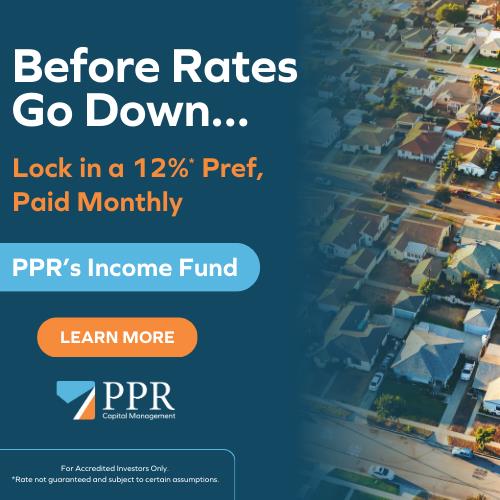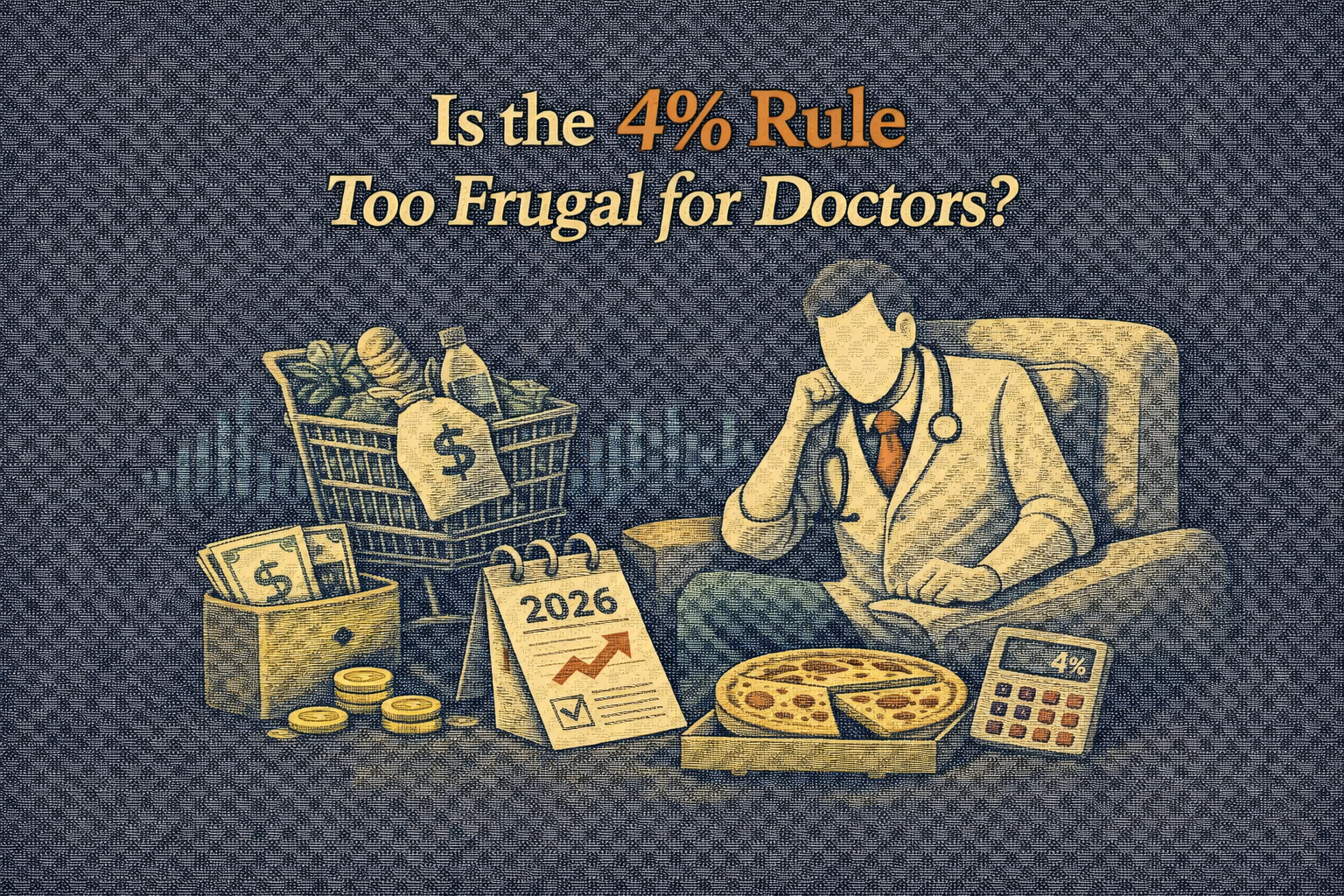The customer is always right.
It’s the mantra of retail, hospitality, and nearly every service industry that thrives on satisfaction surveys and five-star ratings.
But in medicine, where decisions hinge on science, training, and judgment, that philosophy rarely fits. Still, the pressure to appease the “customers” persists. And increasingly, physicians find themselves traversing a digital landscape where even clinically sound decisions can be scrutinized in public.
Unlike a barista or a sales associate, a physician can’t simply nod and comply. We’re called to advise, to diagnose, and – when necessary – to decline. Yet when that medical ‘no’ collides with a patient’s expectation, the tension isn’t just private. It’s public. And more often than not, it’s permanent.
A single one-star review surely bruises one’s ego, but it’s not just that. A bad review also signals the ease with which you can earn a reputational blemish for doing the right things medically, just because it doesn’t sit well personally with the patient.
|
The Uncomfortable Fit Between Medicine and Marketing
Online reviews have transformed many industries, for the better.
For travelers, diners, and consumers, they offer helpful insight. But for physicians, they can become a confusing proxy for something they were never designed to assess: clinical quality.
A study in the Journal of the American Medical Informatics Association found no meaningful connection between online ratings and standardized markers of physician quality, such as readmission rates or adherence to clinical guidelines.
A cross-sectional study in JAMA Internal Medicine found that patients were significantly less satisfied with their doctors when certain requests, such as referrals, pain medication, lab tests, or new prescriptions, were denied, even when those denials were clinically appropriate.
The very act of saying “no,” no matter how tactfully, tended to result in lower satisfaction scores. That places physicians in a squeeze, caught between their duty to practice responsible medicine and the very real risk of public-facing digital backlash.
When compensation and contract renewal are increasingly tied to patient satisfaction, and administrative leaders are simultaneously demanding lower costs and fewer unnecessary tests, the pressure becomes untenable.
In this world, a negative review might not reflect medical misjudgment at all, it could simply mean the MRI wasn’t ordered, the prescription wasn’t written, or the appointment started ten minutes late.
The Double Bind
Physicians are increasingly finding themselves in a bind. The pressure to maintain high online ratings coexists with the duty to uphold evidence-based care. It’s a tension many wrestle with quietly, even if few talk about it aloud.
Online forums are filled with accounts of doctors being criticized online for declining opioids, refusing unnecessary antibiotics, or holding the line on guideline-based care.
And that’s the impossible bind of modern practice: physicians are now expected to deliver high-value, cost-conscious care while also preserving sky-high patient satisfaction scores, two objectives that are often at odds.
In a system where those scores drive compensation, employment security, and even public reputation, the cost of staying clinically honest can be steep.
Some physicians have begun to describe this entire system of online reviews as a form of reputational piracy.
Platforms that promise transparency and patient empowerment sometimes operate more like digital hostage-takers, where your name, credentials, and career narrative are pinned to a star rating, stripped of nuance, and offered up to public judgment.
A bad outcome? You wear it. An unrealistic expectation denied? You wear that too. In the eyes of the algorithm, every no is a personal failure.
And the worst part? There’s no appeals process, no expert panel, no mechanism to explain your side. In what other profession can your performance be publicly graded by anonymous non-experts, with no oversight, and have that grade shape your pay?
If there’s a ransom, it’s paid in compliance that comes in the form of overly cautious referrals, cautious prescriptions, and silence. Anything to avoid the scarlet letter of a one-star review.
Physicians don’t fear feedback. We’re trained to self-assess and improve. What we fear is being reduced to a commodity, our care flattened into a Yelp score, where the only metric that matters is whether the patient left smiling, even if we had to compromise the science to get them there.
Patients Or “Healthcare Consumers?”
The past decade has ushered in a language shift in healthcare. Patients became “consumers.” Medical decisions became “shared choices.” Clinics became “brands.”
In some ways, this has supported autonomy and access. But it’s also imported consumer expectations into a space where they don’t always belong. Not every patient request can (or should) be fulfilled.
Yet when the relationship is framed as transactional, declining a request can feel, to some, like poor customer service.
But physicians aren’t retailers. We’re not here to make sales. We’re here to protect health, sometimes by saying no.
It would be easy to dismiss poor reviews as harmless. But they’re not. They’re a seed of doubt that once sown can sprout weeds that choke a perfectly good physician’s career with mistrust and stigma.
Even among colleagues, a poor online rating can quietly sow doubt. And once a review is live, it’s hard to remove, even when the facts are clearly off.
Dr. Menzin’s Story
In her piece for the Journal of General Internal Medicine, Dr. Elenaor Menzin shares how a seemingly pleasant interaction with a family on her end resulted in a bad review on their end.
The account highlights the importance of doctor-patient dialogue in the flesh, and while indirect feedback is essential for patients to say their piece without hesitation, airing your grievance in the moment can certainly save both parties undue pain and confusion.
Her story resonates with countless physicians. We all have some version of it. Some physicians, wary of the emotional toll, avoid their reviews entirely. Others try to set the record straight with calm, respectful replies.
But HIPAA limits what we can say. We can’t share clinical details or defend ourselves fully. We’re bound by confidentiality, even when the patient is not.
So what can be done? One solution lies in the strength of the physician-patient relationship itself. Building trust offline means patients can trust their physicians and be less likely to leave negative reviews even when outcomes fall short of their hopes.
This trust isn’t built through charisma or perfection, it’s built through continuity and polite and thoughtful communication.
Other physicians are reclaiming their online presence by crafting thoughtful bios, building informative websites, or writing content that reflects their values. Not for the sake of vanity, or controlling the narrative, but to set expectations and tell the full story, before someone else does it for them.
Why This Matters
Negative reviews aren’t causing doctors to lose sleep. But they are hurting the integrity of medicine.
The current review culture favors simplicity: was the doctor nice, fast, or agreeable? But medicine is not about speed or charm. It’s about discernment and sometimes restraint. Those qualities don’t always feel satisfying in the moment. But they’re what good care often demands.
And for physicians already carrying the weight of documentation, insurance battles, and emotional labor, public reviews add another invisible tax.
According to Medscape’s burnout report, nearly half of physicians felt burned out, and a lack of respect from patients (among other reasons) was a major contributor to burnout.
Respect isn’t just a way to be polite, it implies trust. Trust in your doctor to make nuanced decisions without facing digital backlash for practicing responsibly.
The bottom line is that online reviews aren’t going anywhere. And being a proponent of free speech, I wouldn’t have it any other way.
But they do need to evolve. Health systems and review platforms should consider safeguards, like verifying patient encounters, removing defamatory content, and distinguishing clinical care from customer service experiences.
In the meantime, physicians can protect their peace and their professional identity. We can engage with our communities on our terms, through our voices, in spaces we choose.
Because while the internet offers stars, only a real connection builds trust. And no rating system, however polished, can measure that.
Maybe your online reputation has been buffeted by a disgruntled ex-patient, or maybe you’ve emerged mostly unscathed. Either way, if you’ve found yourself on the receiving end of an unearned takedown (or a surprisingly thoughtful tribute), consider lending your voice to the conversation.
We’re not just trading war stories here. When one physician speaks up, others can recalibrate their expectations, let go of undue shame, or perhaps just feel a little less alone in a world that often demands perfection with zero grace for humanity.
So if you’ve got a take that’s gritty, absurd, redemptive, or all three, don’t keep it under wraps. Drop it in the comments and let’s build a ledger of real-world accounts for those still stuck in the thick of it.
Your story might be the foothold someone else needs to stay standing.












1 thought on “Practicing Under Stars: The Quiet Tyranny of Online Physician Reviews”
Great insights here. As someone who has helped surgeons generate thousands of online reviews, I always say the best defense is a strong offense—ask consistently and build a solid foundation of positive feedback. That way, when the occasional issue arises, it’s balanced by a history of satisfied patient experiences.
Ultimately, it all comes down to delivering a smooth, consistent experience where expectations are clearly set and reliably met. When patients feel informed, cared for, and respected, positive reviews follow. On the flip side, when communication breaks down or patients feel dismissed, negative reviews often surface—but those can also be opportunities to refine and improve the patient journey.